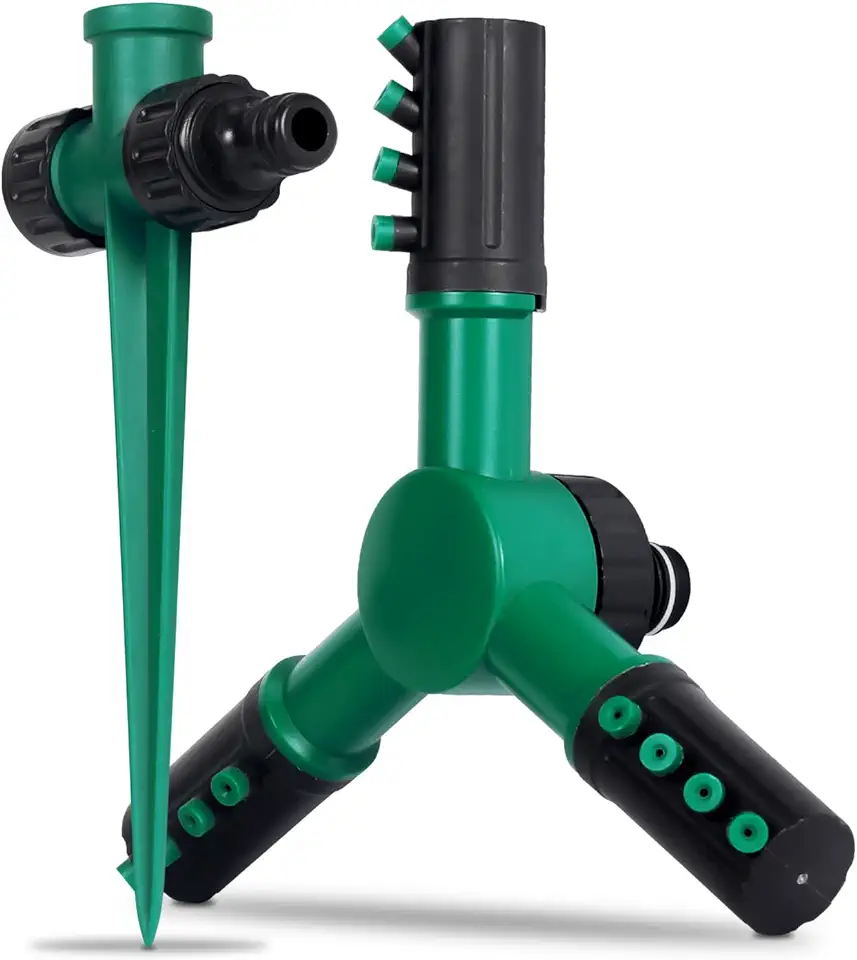
Sprinkler Irrigation - Soil Engineering Collection
Sprinkler Irrigation: A Comprehensive Guide to Efficient Water Management in Agriculture
In the face of increasing water scarcity and the ever-growing demand for food production, sprinkler irrigation emerges as a game-changing technology that revolutionizes the agricultural landscape. This comprehensive guide, "Sprinkler Irrigation: Soil Engineering Collection," delves into the intricacies of sprinkler irrigation, empowering farmers, agricultural professionals, and water resource managers with the knowledge and tools to optimize water usage, enhance crop yields, and ensure sustainable farming practices.
Understanding Sprinkler Irrigation: A Foundation for Success
Sprinkler irrigation stands as a cornerstone of modern agriculture, offering a controlled and efficient method of water application. This introductory section provides a thorough understanding of the concept, its advantages over traditional irrigation methods, and the various types of sprinkler systems available.
Soil-Water-Plant Relationships: The Cornerstone of Efficient Irrigation
At the heart of successful sprinkler irrigation lies a deep understanding of the intricate relationships between soil, water, and plants. This section explores the fundamental principles of soil-water-plant interactions, enabling readers to make informed decisions regarding irrigation scheduling, water application rates, and soil moisture management.
Sprinkler System Design: Tailoring Irrigation to Specific Needs
The design of a sprinkler irrigation system is a critical step in ensuring optimal water usage and crop productivity. This section guides readers through the process of designing a customized sprinkler system, considering factors such as crop type, soil characteristics, climate conditions, and available water resources.
Advanced Irrigation Techniques: Maximizing Efficiency and Productivity
Beyond the basics, this guide delves into advanced irrigation techniques that push the boundaries of water conservation and crop production. Topics covered includefertigation, chemigation, micro-irrigation, and automation technologies, empowering farmers to fine-tune their irrigation practices for maximum efficiency and productivity.
Water Quality and Management: Ensuring Sustainable Irrigation Practices
Water quality plays a pivotal role in the success of sprinkler irrigation. This section addresses the importance of water quality assessment, treatment methods, and management strategies to prevent clogging, corrosion, and adverse effects on soil and plant health.
Troubleshooting and Maintenance: Ensuring Uninterrupted Operation
To ensure uninterrupted irrigation operations, regular maintenance and troubleshooting are essential. This section provides practical guidance on identifying and resolving common issues, minimizing downtime, and extending the lifespan of sprinkler irrigation systems.
Case Studies: Real-World Success Stories
To illustrate the transformative impact of sprinkler irrigation, this guide presents real-world case studies from various agricultural regions. These success stories showcase the tangible benefits of sprinkler irrigation in terms of increased crop yields, reduced water usage, and improved farm profitability.
Conclusion: Embracing Sprinkler Irrigation for a Sustainable Future
In conclusion, "Sprinkler Irrigation: Soil Engineering Collection" serves as an invaluable resource for anyone seeking to harness the power of sprinkler irrigation for sustainable agriculture. With its comprehensive coverage of soil-water-plant relationships, system design, advanced techniques, water quality management, and troubleshooting, this guide empowers readers to make informed decisions and achieve optimal irrigation practices. Embrace sprinkler irrigation and unlock the potential for increased productivity, water conservation, and a sustainable future for agriculture.